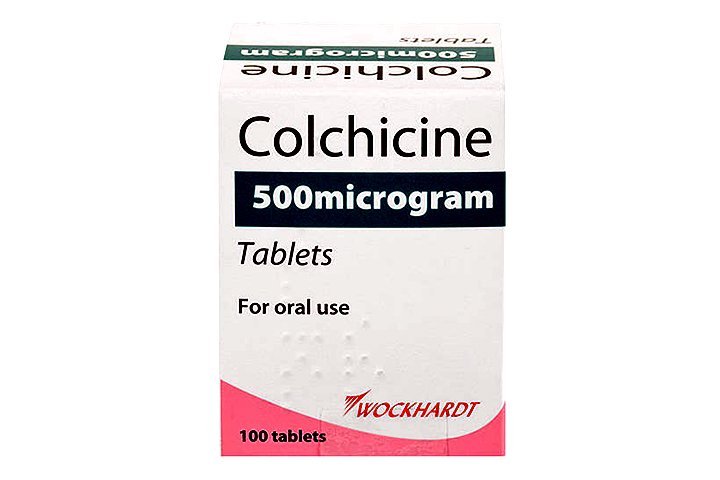Catching up with Dr. Chris Karatzios
If the title of this article conjures memories of westerns with harmonica soundtracks, it’s because I meant it to do that. We are living in a time when, apart from the surrealistic backdrop of the pandemic, we are bombarded with so much misinformation, fearmongering and crazy conspiracy theories that it gets harder and harder to deal with Covid while trying to maintain our sanity. “it looks like a movie” says Adele in her song and I concur.
I trust doctors! When they devote their entire lives to science, they are less likely to feed us misinformation and it is very reassuring when they actually say “I don’t know” rather than try to save face.
I know that because of the pandemic and the lockdowns it might be more appealing for some to start believing in giant Jewish lasers in space starting the California wildfires, but just remember that in every calamity there have been always crazies and witchdoctors roaming the empty streets. Anyone read about the black plague?
In order to find out more about the current state of things, I reached out to Dr. Chris Karatzios, Assistant Professor of Paediatrics/ Infectious Diseases at the Montréal Children’s Hospital. I asked him about the new vaccines, the variants and the virus.
Delaying the second dose
One of the sources of major angst for many of us is the decision of the Quebec government to delay the second dose of the vaccine contrary to Pfizer and Moderna’s guidelines. Dr. Karatzios said that first of all there is not enough supply and there are production issues. So, many governments are thinking that they need to vaccinate as many people as possible especially with the new variant threats. “The whole idea of let’s delay the second dose, is not crazy,” said Karatzios. There is precedent and Quebec has done this with other vaccines like the Prevnar vaccine for the Pneumococcal Pneumonia Bacteria, the Gardasil vaccine for cervical cancer and it is doing it now with the Infanrix Hexa for children. “They have shown that if you delay dosing between the first and second doses you might recruit more memory cells and when you actually do boost you get a higher level of antibodies compared to administering the doses close to each other. Of course, companies don’t like it because legally they are bound by the way the tested their vaccine.”
Quebec strategy
According to Dr. Karatzios, another interesting thing that Quebec has done in the past (it is a bit of a social experiment), is to wait a few months and maybe a year after the first dose measuring antibody levels. In many cases they have see that the levels of antibodies are pretty good. So, Quebec health authorities have actually dropped one of the Prevnar doses and they might drop one of the Gardasil doses. Pharma, of course, is not going to like that. Part of the money saved in the case of Quebec is directed to other vaccination programs so we get more free vaccines. “My thoughts on this are that it is probably fine. I doubt that even after 8 weeks or more, the antibody levels will drop or that your immune system will forget that you were primed with the 1st vaccine. There is a risk of course because of the fact that this is a new virus with new variants. We must also remember that the national immunisation committee here and in the other countries are not stupid-they have precedence. There is a bit of a gamble but based on previous studies and observations, covid vaccines shouldn’t behave any different than previous vaccines despite the fact that they are new technology,” concluded Karatzios
The variants and vaccine tweaking
According to the doctor, the new mutations of Covid-19 are more transmissible. The data shows that while the vaccines are showing a small decrease in their potency against the variants, they are still quite effective. These new genetic-based vaccines are the future because you can modify them easily by adding just another piece of genetic code after you have isolated the sequence of the new variant. Companies are saying it would take them 4 to 6 weeks to add the new code and tweak the vaccine against the new variants.
Colchicine: a Greek-Canadian thing
One of the exc i t i n g n e w discoveries was the effect of the anti-inflammatory drug Colchicine on COVID. The beneficial effects of this old drug used for gout and arthritis was first brought to light by the Greek study in the effects of colchicine in Covid-19 complications prevention (GRECCO19 study) and later confirmed by the ColCorona study here in Montreal.

Analysis of the study found that colchicine resulted in reductions in hospitalizations by 25 per cent, the need for mechanical ventilation by 50 per cent, and deaths by 44 per cent. Final results are expected to be released by the end of March.
How does the virus kill?
My final question to Dr. Karatzios brought up the most interesting answer. Even though covid attacks the lungs, a lot of the deaths are attributed to immune system overreaction. “The virus has two peaks of deadliness: the first peak is immediately within a week; you get a pneumonia and die from it. The second peak is the immune system overreaction with the blood clotting etc. and most of the people die from this,” concluded Dr. Karatzios.














